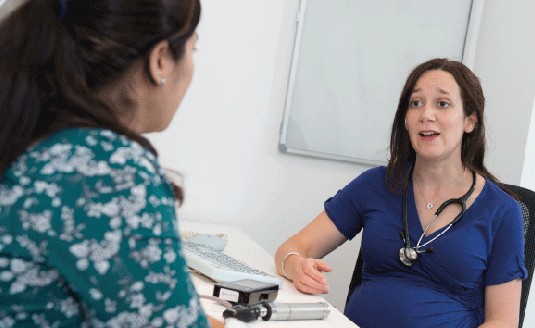Dragonheart
Well-Known Member
- Relationship to Diabetes
- Type 2
So actually it’s not true to say 7% at 5yrs exceeded the goal.Yup. When they set out they set a target for a primary care based intervention that, if exceeded, would make it a worthwhile program to roll out. From Taylor's book:
"We planned DiRECT with the aim of achieving a clinically important result. We decided that releasing one in five people from diabetes, off all tablets, at one year, would be very useful - important for each individual, and important for the costs of providing healthcare".
They did that much and more, and the support wasn't particularly extensive. There was support yes, but the aim of the study was to test if it could be done in a primary care setting and so *without* extensive and thus expensive support.
I think they did a pretty good job for a first time effort. Personally I wonder what would happen if you repeated it but put everyone on Ozempic to help them keep the weight off and to push HbA1c down a bit more than is strictly necessary to go off the tablets. That would be an expensive programme though, at least for the time being, and unlikely to get an NHS rollout.
20% at 1 yr would though.
Quite a difference. And I do agree 20% (or more) is a worthy result, just a shame it’s so temporary by this method.

